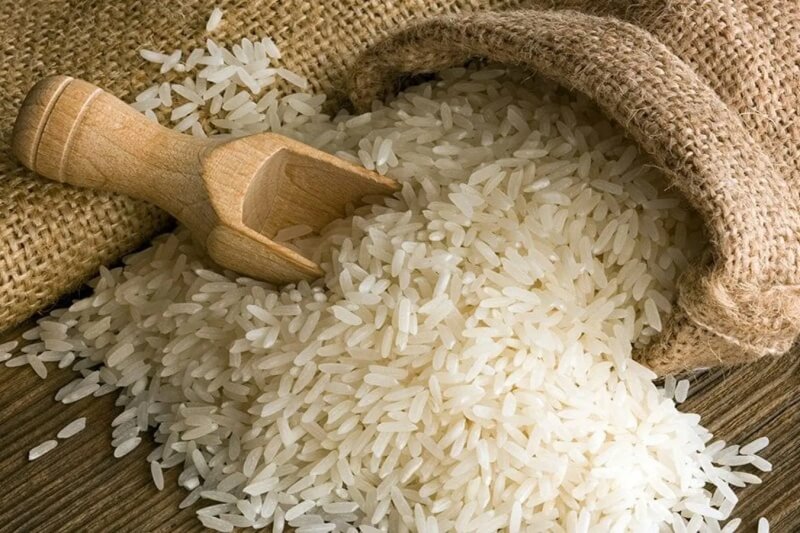With local rice production struggling to meet growing demand, the government has moved to ease the pressure by allowing the duty-free importation of 500,000 metric tonnes of grade 1 white milled rice.
The announcement was made through a gazette notice issued on Tuesday, July 29, outlining that the rice imports will be exempt from tax until December 31, 2025.
The directive was made under the East African Community Customs Management Act of 2004 and was approved by the Cabinet Secretary for the National Treasury on the recommendation of the Agriculture and Livestock Development ministry.
“Pursuant to section 114 (2) of the East African Community Customs Management Act 2004 as read with item 20 of Part B of the fifth schedule of the act, the Cabinet Secretary for the National Treasury and Economic Planning upon recommendation by the Cabinet Secretary for Agriculture and Livestock Development, directs that 500,000 metric tonnes of Grade 1 milled White rice be imported into Kenya duty-free on or before 31st December 2025,” the notice read.
The move comes shortly after the government had announced plans to reduce rice imports by nearly 50 percent in a bid to promote local farming and reduce the influx of cheaper imports.
However, that plan quickly ran into challenges due to the widening gap between supply and consumption.
In June 2025, the country’s rice requirement stood at 100,000 tonnes per month, yet the total domestic output for the entire 2024/2025 season was only 191,000 tonnes.
Farmers, particularly the 8,500 based in Kirinyaga and surrounding counties, had urged the government to prioritise local production before increasing imports.
But weak irrigation infrastructure, high input costs and stiff competition from imported rice have made it difficult for local producers to match demand.
The latest waiver follows a similar concession granted by the East African Community Council of Ministers in June, allowing Kenya to import rice and wheat at lower duty rates than the standard EAC Common External Tariff.
Wheat importers were allowed to bring in the commodity at a 10 percent duty rate, down from the usual 35 percent.
Both decisions reflect a balancing act—ensuring food availability while still promoting local production where possible.
Kenya continues to depend heavily on imported rice, with data from the Kenya National Bureau of Statistics showing that India supplies over 90 percent of the country’s imports, followed by Pakistan and Thailand.

